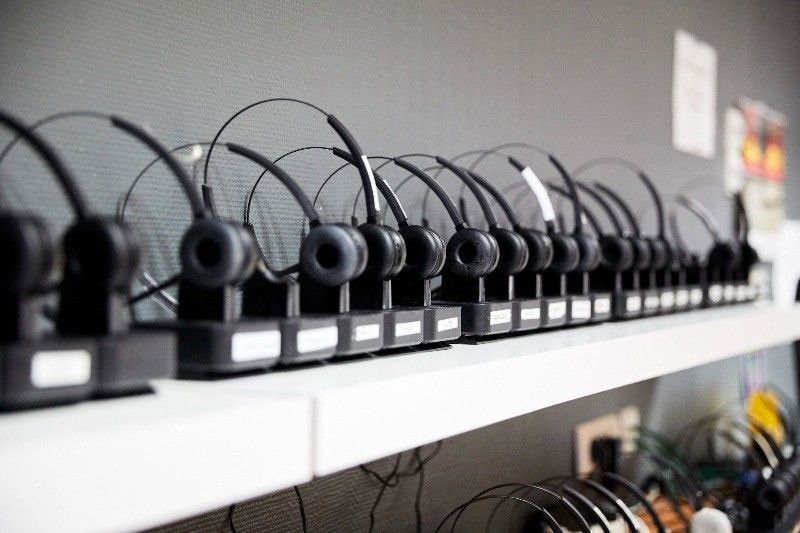PEZA raises concern over underground BPOs

MANILA, Philippines — The Philippine Economic Zone Authority (PEZA) has expressed concern over information technology – business process outsourcing (IT-BPO) firms that are operating underground and competing for talent with those registered with the investment promotion agency.
PEZA director general Charito Plaza told reporters the agency learned from Cebu IT-BPO firms of the growing competition in hiring workers due to underground IT firms.
“What is happening is they (underground firms) are paying P30,000 to P40,000 salary, but there is no security of tenure,” she said.
She said workers in registered IT-BPO firms have said they would resign if they would not be allowed to work from home (WFH), as they can be hired by the underground firms for a big fee.
She said this is a concern as the unregistered IT-BPO firms may become breeding grounds for violations of labor standards and tax laws since they are not being monitored by the government.
Given the existence of underground firms, she emphasized the need to institutionalize the WFH arrangement for IT-BPO firms registered with the investment promotion agency.
“Otherwise, these [underground firms] would increase, which is unfair to those who are really registered with the government,” she said.
Plaza has written a letter to Finance Secretary Carlos Dominguez, who serves as chair of the Fiscal Incentives Review Board, to keep the status quo of allowing PEZA to continue to implement the 70 percent on-site and 30 percent WFH arrangement for IT-BPO firms registered with the agency.
As the WFH arrangement allowed by FIRB for up to 90 percent of the workforce for IT-BPO firms registered with the PEZA without any effect on their incentives expired last March 31, the companies now have to operate on-site to continue enjoying their tax perks.
PEZA is allowing the registered IT-BPO firms that cannot immediately return on-site to operate on hybrid arrangement, with 70 percent in the office and 30 percent on WFH, until Sept. 12 of this year or the end of the declaration of state of calamity, provided they have been issued with a letter of authority from the agency.
Plaza is hopeful the next administration will immediately address the WFH issue.
IT-BPA of the Philippines president Jack Madrid earlier said, the industry would want to implement a hybrid work model in the long term, as employees prefer that work arrangement.
Plaza said institutionalizing WFH would also make the country a competitive destination of IT-BPO investments as the hybrid work model is among those being adopted by companies worldwide as an effective tool to sustain business.
- Latest
- Trending




























